Must Know Songs for Belly Dancers: "We Daret Al Ayam"
Who, What and When?
“We Daret Al Ayam” continues the Oum Kalthoum portion of the Must Know Songs for Belly Dancers list! This beautiful song – one of my very favorites – was composed by Mohammed Abdel Wahab and lyrics by Maamoon El Shinawi. It’s a shame Oum Kalthoum and Mohammed Abdel Wahab didn’t give up being rivals and come together earlier in their careers – their collaborations were really some of their finest pieces! This song was released in 1970, just 4 years before Oum Kalthoum’s death.
What is this song about?
“We Daret Al Ayam” (sometimes written “We Maret Al Ayam”) means “The Days Gone By”. This is a love song, but one of reconciliation. She and her lover had an argument and have estranged, but now he has come back and she’s forgotten what it was about and is ready to start over with him.
He met me with longing in his eyes
He said hi
He said hi and took my handFind
And whispered to me saying “I was wrong”
Why did I forget the time we were apart
Where are my tears that did not sleep at night
With a smile from his eyes he made me forget them
A state of agony, the sweetest agony….
… from my happiness, from my happiness I was lost
And I found myself with you, living with you in a new spring
There’s nothing like this, nothing like this
Nothing like an unending love
A love, a love, a love reborn
Find more translated lyrics here
Just as I always mention that the recorded versions of Oum Kalthoum’s songs arranged for dance are not complete, I have seen from the many online translations that not all of there are complete either, but are selected sections of the full work. Just the same, you can understand the mood and meaning of the song from them. Listen to many versions, and especially the full original recording so you are familiar with all the sections of the music in case you ever encounter them in a performance situation.
Musically, I think this song is just a delight to dance to. It really gives you the chance to express diverse emotions. The version I love to use drifts in delicately and develops a romantic waltz feel. (Remember that Abdel Wahab was fond of experimenting with Western musical elements.) This particular version has a female vocalist and I think that really adds to the song’s charm for me. The musical phrasing of her voice are set off nicely with musical accents that I find very inviting to pick up in improvisation.
The song drops into an earthier but joyful section that alternates between Saidi rhythm and Wahda Kabira that gives it an emotional gutsiness. The bright violin accents in this passage are a bright contrast and more opportunity to dig in dance-wise. The song (this version at least) winds up to a strong ending that feels like it has conviction to me. Yes, I really do love it!
My favorite recorded version for performance

